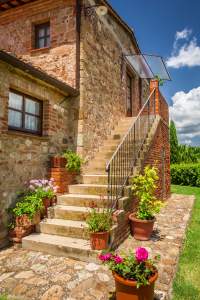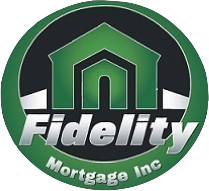Reverse Mortgages
Freedom to Thrive
A reverse mortgage is a loan for seniors age 62 and older.
What is a Reverse Mortgage?
In short, a reverse mortgage is a loan. If you're a homeowner age 62 or older and have significant home equity, you can borrow for the value of your home and receive funds in a lump sum, fixed monthly payments, or line of credit. Unlike the kind of forward mortgage used to buy a home, a reverse mortgage does not require the homeowner to make any loan payments.
Instead, when the borrower dies, moves out permanently, or sells the home, the entire loan balance will be due and paid up to the limit. Federal regulations require lenders to structure their transactions so that the loan amount does not exceed the value of the home. Should this occur, or if the market value of the home declines or the borrower lives longer than expected, the borrower or borrower's assets remain responsible for paying the difference to the lender thanks to the program's mortgage insurance.

File for a Reverse Mortgage Today!
We offer Home Equity Conversion Mortgage (HECM) reverse mortgage loans that are insured by the Federal Housing Administration (FHA) and non FHA reverse mortgages that allow our senior homeowner’s to convert their home equity into cash with no monthly mortgage payments.

How Reverse Mortgages Work
In a reverse mortgage, the lender makes payments to the homeowner instead of the homeowner making payments to the lender. Homeowners can choose how they receive these payments (choosing is explained in the next section) and can only pay interest on the earnings they receive. Interest is included in the loan balance, so homeowners don't have to pay upfront. Homeowners also retain ownership of their homes. Over the life of the loan, the homeowner's debt increases and the home equity decreases.
Like a forward mortgage, a home is collateral for a reverse mortgage. If the homeowner moves or dies, the proceeds from the sale of the home are passed to the lender to repay principal, interest, mortgage insurance, and reverse mortgage fees. Proceeds from the sale in excess of the amount borrowed go to the homeowner (if alive) or the homeowner's estate (if the homeowner is deceased). In some cases, heirs may choose to pay off the mortgage so they can keep the home.
Reverse mortgage income is tax exempt. They feel like income to the homeowner, but the Internal Revenue Service (IRS) sees the money as a loan advance.
